Creating a global performance coaching culture
International Personal Finance sought to design a practical Train the Trainer coaching program to embed a global coaching culture in their organization that would deliver improved financial performance and higher employee engagement.

Performance Consultants ask the right questions to scope the customer need and react on the exact need, and not some perceived advantage from other experience.
I value their professional project management and flexible style – again to fit customer needs and occasionally constraints.”

The Client
International Personal Finance plc (IPF) is a leading provider of home credit and digital loans. Listed on the London Stock Exchange, the company has customers across 10 international markets. A FTSE 250 business and ranked highly by FTSE4Good ESG (Environmental, Social and Governance) ratings.
It is amongst the highest-scoring financial services companies in the world for its responsible approach to business. Their work involves a great deal of change, a very diverse cultural mix and independent operating businesses using different local languages.

The Challenge
The client wanted a coaching program that had a clear link to and coincided with the rollout of a new internal competency model that focused on a coaching style of leadership.
They were looking to:
– Create and embed a global performance coaching culture across the organization.
– Guarantee longevity and sustainability of the coaching culture by building global capacity, local champions, and a common coaching definition, skill set, and culture.
– Roll out coaching skills training to managers in Anglo-Saxon, Eastern European, and Latin American independent operating businesses.
– Convince skeptics of the power of coaching in the classroom.
– Have the ability to track behavioural change via a high-quality standard and assessment process.
– Galvanize energy for coaching, build skills, and develop the new culture over time with consistent messaging and sharing of role model behaviour.
Our target audience was lower middle and middle management. We tested the coaching training on our supportive senior management first and it worked perfectly.”
Our Approach
Our consulting team identified five key elements to developing and embedding a coaching culture:
- Goals, diagnostic, and scoping of coaching culture requirements
- Kick-off and training with the internal training teams
- Roll out, deepening of skills, and integration into existing systems
- Engaging the organization and communications
- Evaluation of progress and performance
Interactive ‘Train the Trainer’ session
Our Train the Trainer program equips in-house trainers with the skills to bring the benefits of coaching to your organization. We work with clients worldwide to equip internal trainers with the necessary knowledge and skills to deliver our programs.
In due course, the coaching rollout was pinned down in regional implementation plans that were shared and coordinated with global L&D.
In total the internal training team received 8 days of training, a workbook for the course including a detailed 40-page trainer’s script, PowerPoint slides and handouts, observation, assessment and accreditation.
Return on Investment tool provided:
We also incorporated an ROI tool to ensure individual commitment to qualitative and quantitative measurement among the new Performance Coach manager population.
The managers received advice on collating data for presentation to the different stakeholder groups. They extended their learning and strengthened their commitment with 6 coaching practice support calls and accompanying workplace coaching assignments.
It is a very practical train-the-trainer experience. The training provided an enjoyable experience to all participants by finding the right balance between theory and practice, safe environment and challenge, enough time to practice and stretch assignments plus it satisfied stakeholder expectation of putting down a high-quality standard and assessment.”
The Results
18 managers were identified and accredited for the Train the Trainer coaching program. All but one manager passed their assessments the first time.
One manager required additional support, practice and one-to-one supervision to meet the standard required to deliver our Coaching for Performance program.
The Train the Trainer population are now delivering 2-day coaching courses in all the countries and training new in-house trainers to deliver and accredit the Performance Coach Management course.
Using 360-degree feedback to track behaviour change, it is evident that a healthy coaching culture exists. Of the managers surveyed, over 90% recognized the value of coaching as a practical business tool.
Most participants of the leadership program cite coaching as a real eye-opener.
When participants were asked, “How do you perceive the coaching training workshops you have taken part in?” The responses were extremely positive:
“Not only in my opinion was it one of the best trainings I have ever taken part in, I’m talking here about the practical value of the training, about what you can later use in everyday life”
Excerpts from internal staff magazines show what operational managers have to say about how they applied coaching and provides evidence for the improved quality of day-to-day dialogue and line managers’ ability to have powerful conversations to drive performance and unleash potential.
Reading these, you can see a picture of the cultural shift that has been created and the learning shared. A vivid and engaged community change is emerging:
“When you feel that your direct manager trusts you more; when you have initiatives and you feel that your opinions are taken into account; when you are involved in new projects which point out unimagined abilities… well then you are closer to the coaching culture” – Employee, IPF
“I helped my team member to feel good thanks to my different attitude. She left satisfied that she knows how to solve her problem differently, without my interaction and advice” – Employee, IPF
The intention is both to continue to develop the future internal coaching pool and reinforce the skills of the coaches. Performance Consultants will follow up and support IPF’s continuous efforts to establish a coaching culture in the business in 7 countries.


